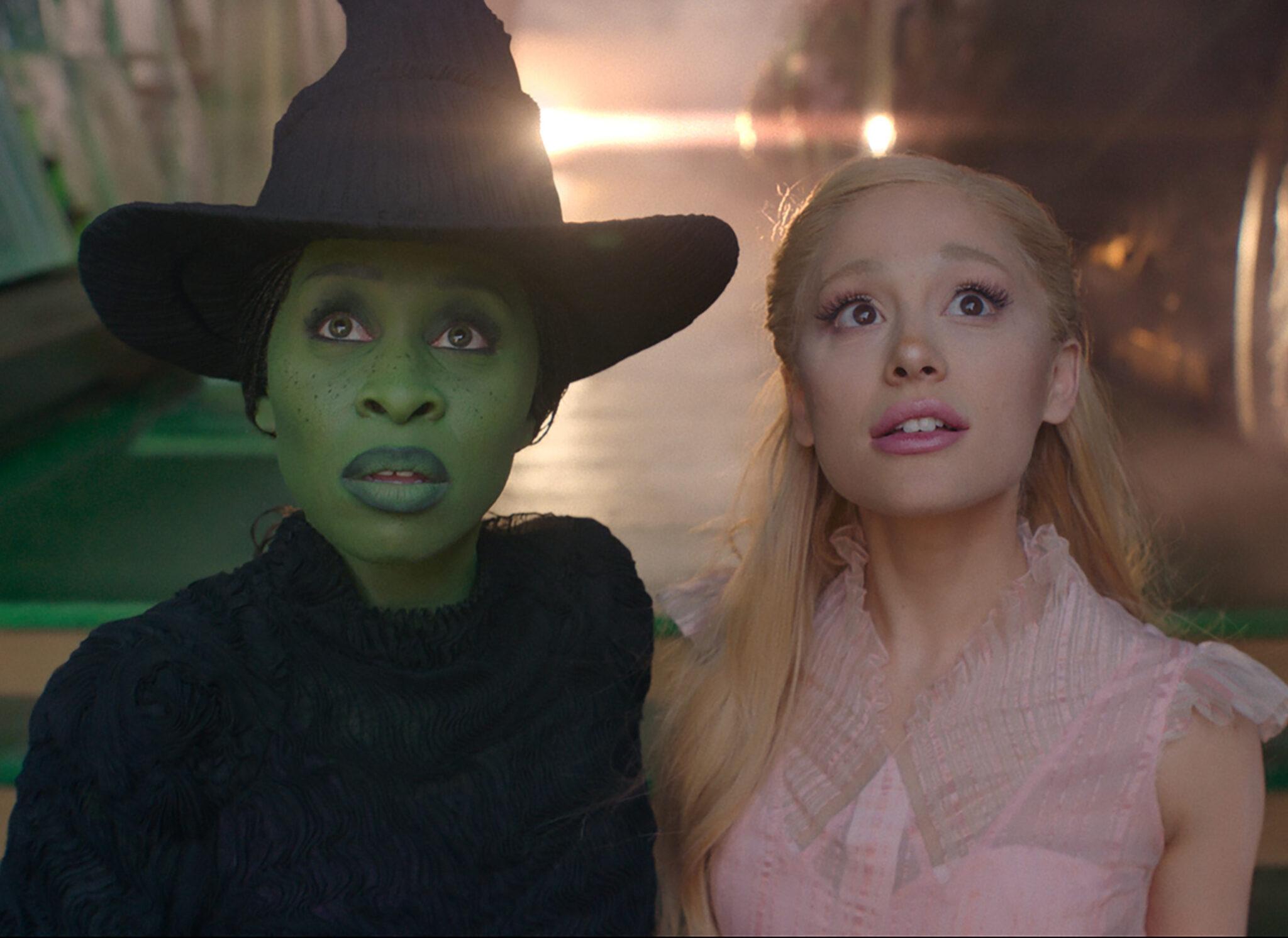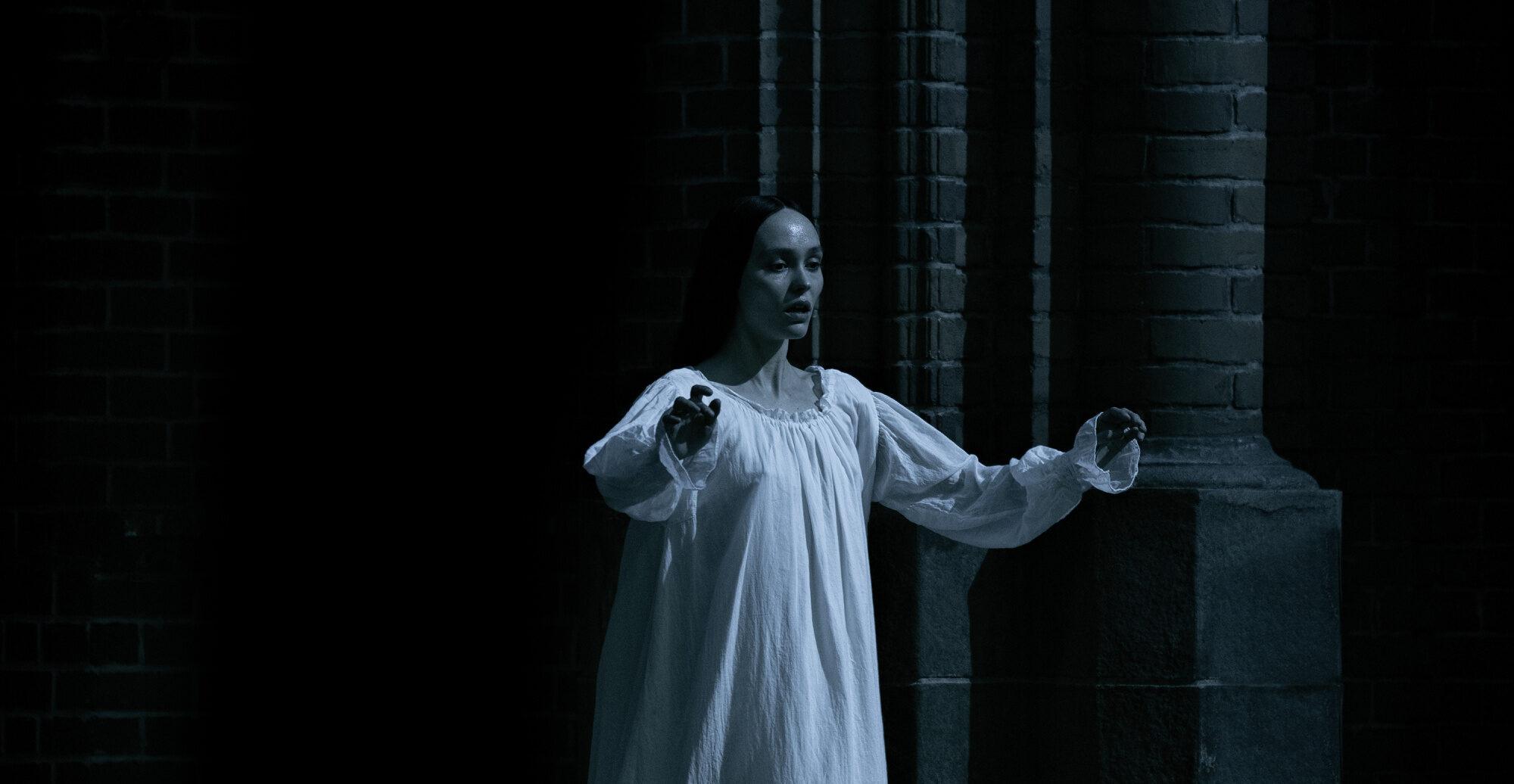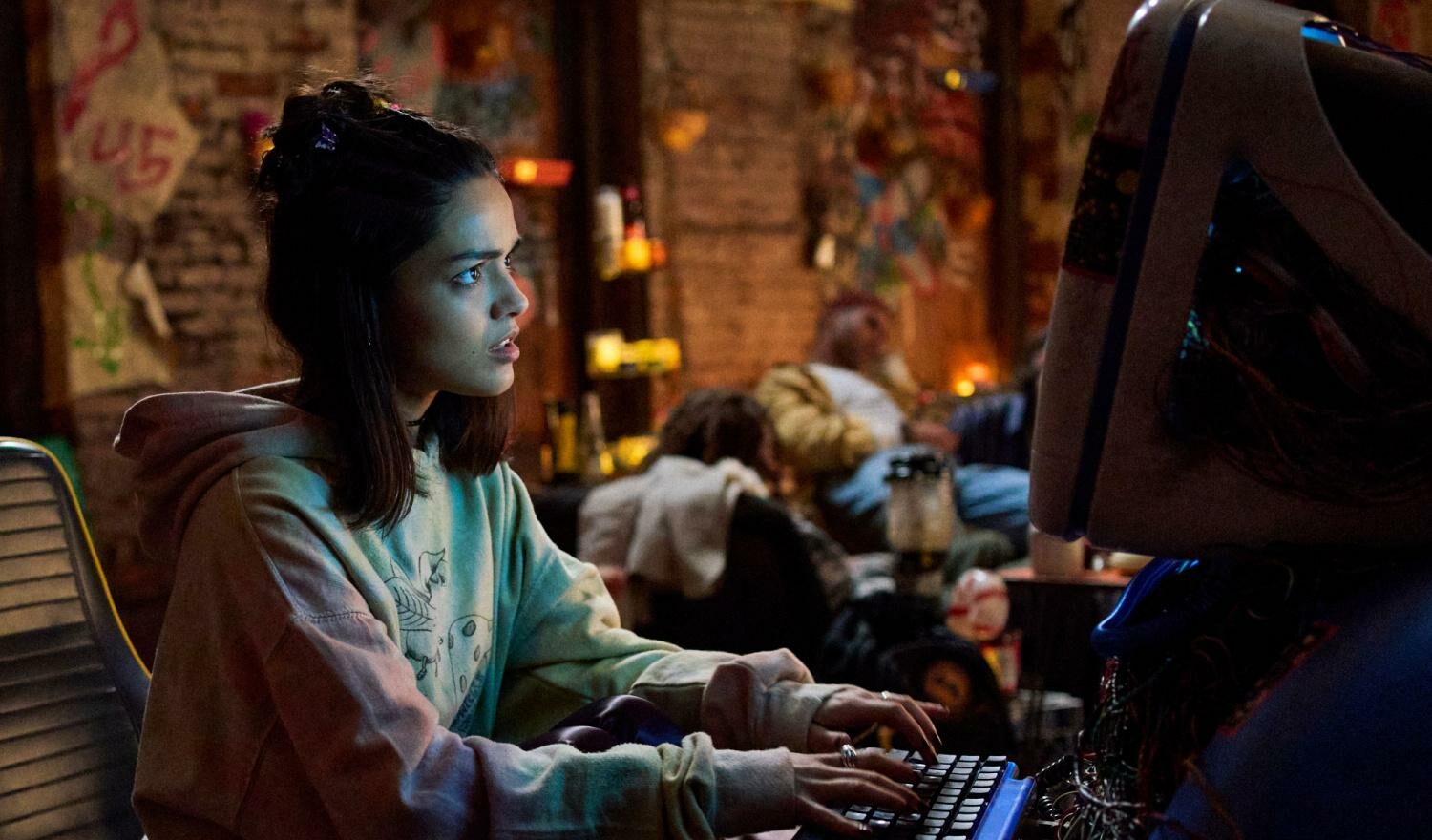VERDICT: Nicole Kidman delivers another emotionally and physically fearless performance in Halina Reijn’s provocative, kink-themed coming-out story.
The coming-out story has generally been the domain of the LGBTQ+ community; whether the characters discover their sexuality or a transgender person comes to embrace their identity, these are stories of self-awareness, awkward first steps, and eventually, one hopes, confidence, and understanding.
For all the corporate machinations and adulterous excursions in Babygirl, the provocative new film from writer-director Halina Reijn (Bodies Bodies Bodies), at its core it’s a coming-out story, one where the revelation isn’t about same-sex attraction or gender identity, but instead about embracing kink, minus any pride flags.
In this case, the kink is submission, not that Romy (Nicole Kidman) has ever had the chance to pursue it, in or out of the bedroom. She’s the powerful CEO of a robotics company, married to theater director Jacob (Antonio Banderas), who no doubt thinks he’s what writer Dan Savage would call “GGG” (good, giving, game) in his affections toward his wife. Yet Reijn lets the audience know in the opening moments that the couple’s sex life isn’t satisfying to Romy; after mounting Jacob and performing the requisite sounds of pleasure, she slinks off to masturbate vigorously to online porn of a woman being dominated.
Romy’s neatly-ordered world is upended by the appearance of Sam (Harris Dickinson), a new intern at her company. Before they meet, she sees him calm down an angry dog, an act of dominance that gives her a rush. Sam quickly clocks what Romy wants, and they’re off to the BDSM races.
But this isn’t 9 ½ Weeks or any number of other films that traffic in the idea of women being ordered about; Reijn and her regular cinematographer Jasper Wolf center Romy’s pleasure rather than Sam’s dominance. Neither is Romy shamed for her choices; in one of the film’s funnier scenes, Jacob insists that female masochism is a male fantasy, while Sam tells him that that’s outdated thinking.
The female gaze of Babygirl extends beyond the sexual, focusing on the demands of women in positions of power that would never be asked of their male counterparts: Romy is coached for an interview and told that she should embrace her vulnerability (even after describing an aspect of her role as CEO as “nurturing”), and we see her submit to Botox treatments, drawing the disdain of her teenage daughter.
Romy is a conscientious mother to her two daughters, but she realizes that part of why she jeopardizes her role as both parent and CEO is that she needs genuine risk involved to fully commit to her submissive role with Sam. Her decision to pursue her desires allows Reijn to muddy the idea of consent: At one point, Romy breaks off the affair, and Sam threatens to report her to HR unless she resumes it. Is he doing so out of cruelty, or because he knows she requires the danger to make this scenario effective? Babygirl leaves it to viewers to decide.
Conventional narrative arcs that involve thrill-seeking sexual behavior involve final acts of repentance, but Reijn understands that a person giving themselves over to their secret desires for the first time is bound to make mistakes in the fog of lust. To drive home the fact that Romy is stepping out of the world of familial coziness, production designer Stephen H. Carter puts huge Christmas trees in many of the film’s spaces; eventually, Babygirl will make a perfect double-feature with another holiday-set Kidman movie about unleashed sexual desire, Eyes Wide Shut.
Kidman has done some of her best work for unconventional auteurs, and she trusts Reijn enough to be vulnerable both physically and emotionally. The movie wouldn’t work without Kidman’s fearlessness, and her performance ranks among the highlights of a storied career. She’s ably supported by Dickinson — proving once again he can turn on a dime from sweet to sinister — and Banderas, who finds more to play in this cuckold beyond mere haplessness.
Babygirl is the rare adult drama that understands that complicated characters can be likable, even if their behavior is sometimes decidedly unlikable; it addresses power and gender dynamics in ways that avoid easy, post-#metoo buzzwords; and it’s going to lead to some really interesting post-screening date-night discussions.














